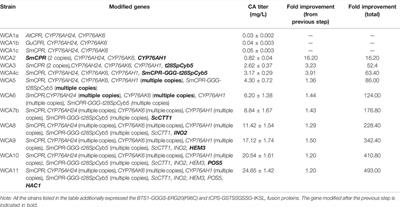EDITORIAL
Published on 14 Dec 2022
Editorial: Fungi as cell factories: Genetic engineering and applications
doi 10.3389/fbioe.2022.1109992
- 1,236 views
- 1 citation
5,595
Total downloads
25k
Total views and downloads
You will be redirected to our submission process.
EDITORIAL
Published on 14 Dec 2022
ORIGINAL RESEARCH
Published on 15 Nov 2022
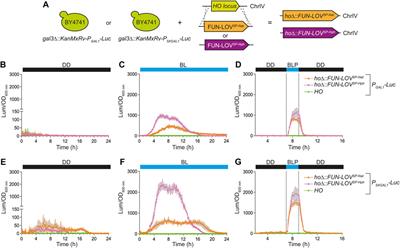
ORIGINAL RESEARCH
Published on 26 Oct 2022
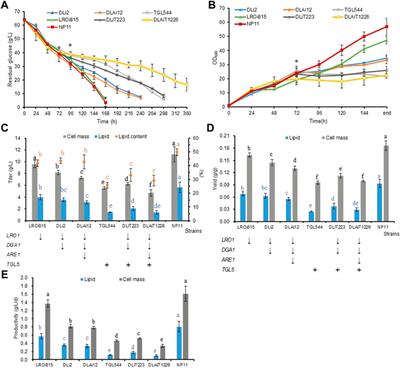
ORIGINAL RESEARCH
Published on 05 Oct 2022
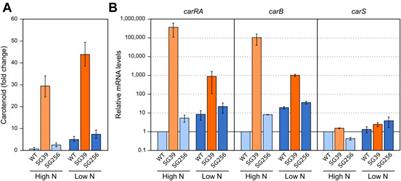
MINI REVIEW
Published on 25 Aug 2022
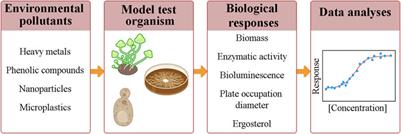
REVIEW
Published on 15 Jul 2022
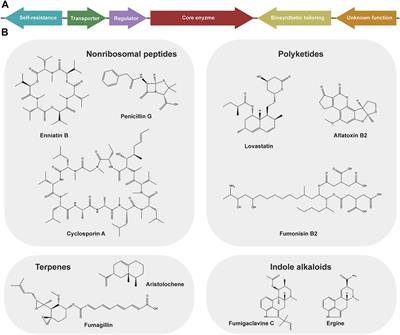
ORIGINAL RESEARCH
Published on 02 Jun 2022
